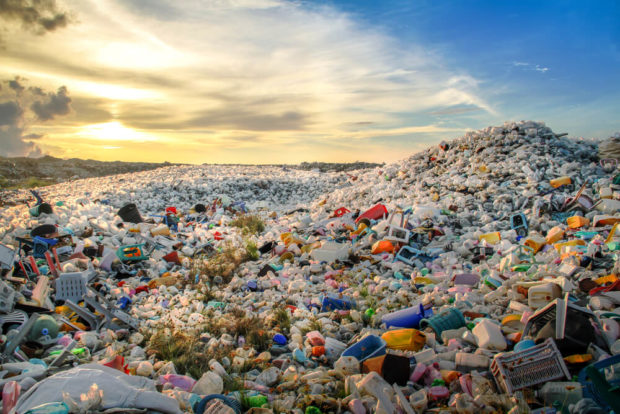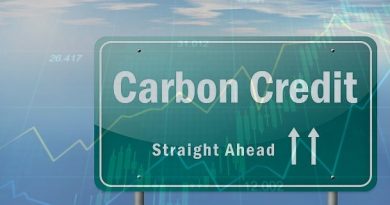UNEP and European Commission Launch Global Plastic Platform

To build on the growing momentum around the plastics agenda, UN Environment and the European Commission jointly hosted an event at the United Nations HQ this week to launch the UN Environment’s Global Plastics Platform. The Member States, businesses, the European Commission and UN Environment each showcased their initiatives, which they’ve learned from each other, in their commitment to fight plastic pollution together.
The event, hosted on the sidelines of the UN General Assembly, offered the opportunity for governments to officially join a ‘Race to the Top’ through the Global Plastics Platform, a network that will encourage new commitments to reduce plastic pollution and explore innovative ways to change the habits of design, production, consumption, and disposal of plastics around the world, supporting the transition to a more circular economy.
“The Global Plastics Platform is exactly the kind of initiative we need to bring countries together in the fight against millions of tonnes of plastics that end up in our oceans each year,” Head of UN Environment Erik Solheim said. “No one can solve the problem of plastic pollution alone, but together we will fuel global change.”
Many countries across the world have made ambitious commitments to beat plastics pollution during 2018. On World Environment Day 2018, India announced to ban all single-use plastics by 2022. Plastic bags bans have been announced in Chile, Botswana, and Peru, while Nigeria will set up recycling plants across the country, Brazil will announce a new national plan on plastics and Wales will commit to being the first “refill nation.”
The aim of the Platform according to the UNEP is to provide support to countries and cities who made these ambitious commitments, by facilitating the sharing of experiences, the establishment of new policies and inspiration for new commitments.
European Commission First Vice-President Frans Timmermans said: “The European Commission has already taken action this year to deal with the plastic items we find most often on our beaches and to transform the business model of the European plastics industry and reduce economic and industrial waste. But we share responsibility for this planet and its protection with others. A cross-border problem requires multilateral efforts, and that is why I am delighted to partner with UN Environment to tackle the different sources and effects of plastic waste together.”
At the UN General Assembly, UK’s Environment Minister Thérèse Coffey urged other countries to back Britain’s call to designate 30 percent of the world’s oceans as Marine Protected Areas (MPAs) by 2030 in a bid to reverse the damage being done by overfishing, plastic pollution, and climate change.




